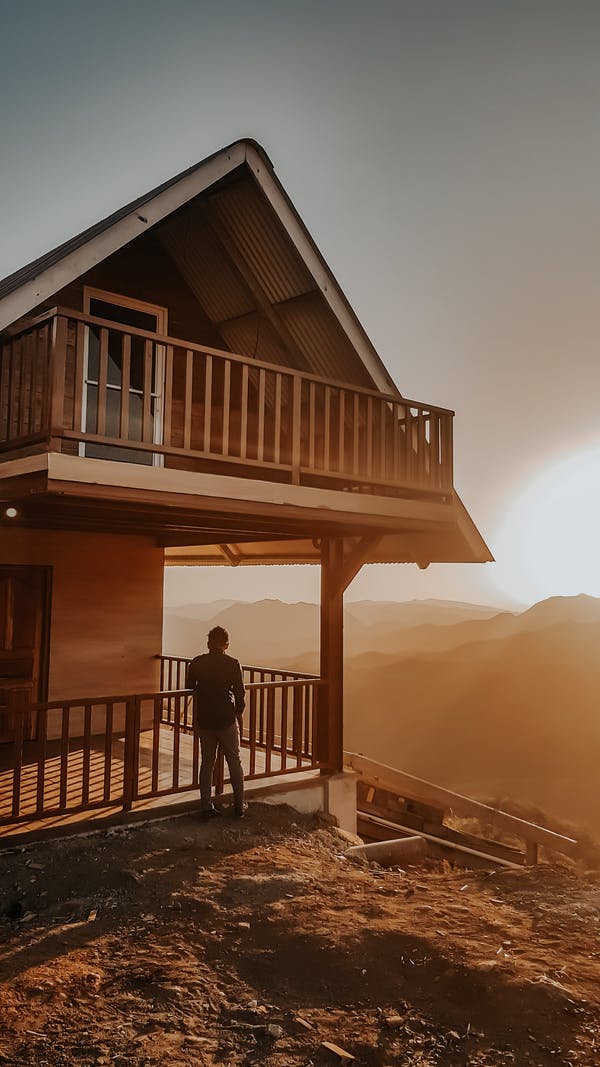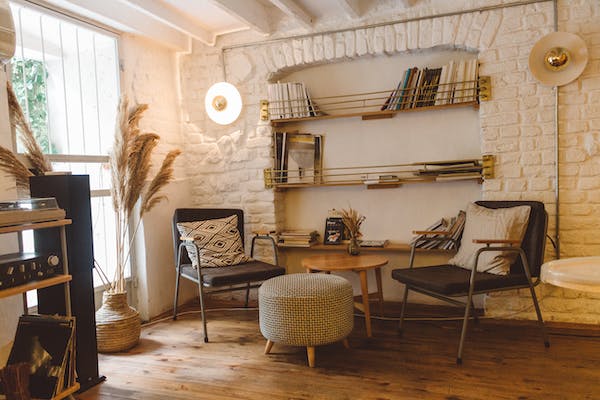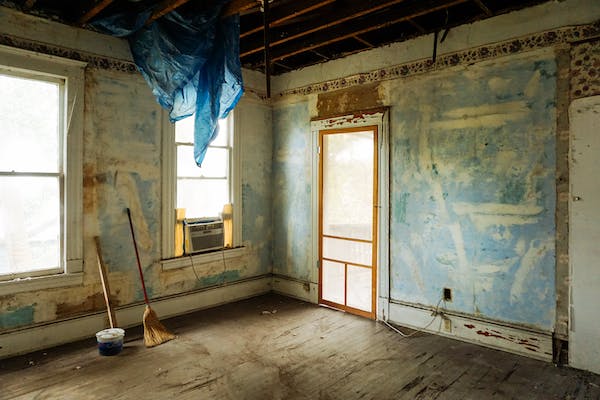COVID-19 and the Real Estate Market: A Look at the New Normal
The COVID-19 pandemic has brought unprecedented changes to our daily lives, and the real estate market is no exception. With social distancing guidelines in place and economic uncertainty looming, buyers and sellers are navigating a new normal in the housing industry. In this blog post, we'll take a closer look at how COVID-19 is impacting the real estate market and what you can expect as we move forward in these uncertain times. From virtual open houses to shifting buyer preferences, buckle up for an informative ride through this ever-evolving landscape!
Introduction to the Real Estate Market Before COVID-19
It’s no secret that the real estate market was booming before COVID-19 hit. Homes were selling at record pace and prices were skyrocketing. But, as with everything else, the pandemic has changed the landscape of the real estate market. Although it’s still too early to tell exactly how COVID-19 will impact the long-term stability of the housing market, we can take a look at some of the short-term effects that the pandemic has had on the industry.
One of the most immediate effects of COVID-19 on the real estate market was a decrease in demand for homes. With so much uncertainty surrounding the pandemic, many people put their plans to buy or sell a home on hold. This decrease in demand led to a decrease in home prices, with some markets seeing prices drop by as much as 10%.
The decrease in demand also caused a slowdown in new construction. Builders were forced to put projects on hold or cancel them altogether due to lack of buyers. This is likely to lead to a shortage of homes for sale in the coming months and years.
Another effect of COVID-19 on the real estate market is an increase in foreclosures and evictions. With so many people losing their jobs or being forced to take pay cuts, many are struggling to make their mortgage payments. This is leading to an increase in foreclosures and evictions, which will further add to the inventory
Impacts of the Pandemic on the Real Estate Market
The pandemic has had a significant impact on the real estate market. The most obvious impact is the decrease in home sales. According to the National Association of Realtors, home sales fell by 9.7% in 2020, and they are expected to fall by another 6.6% in 2021. This is the first time that home sales have declined for two consecutive years since the Great Recession.
The decrease in home sales has been driven by a number of factors, including job losses, economic uncertainty, and social distancing measures. Another factor that has contributed to the decline in home sales is the lack of available homes for sale. The pandemic has caused many homeowners to put their plans to sell their homes on hold. As a result, there is a shortage of homes for sale, which has caused prices to rise and made it difficult for buyers to find affordable homes.
The pandemic has also had an impact on commercial real estate. Many businesses have been forced to close their doors due to the pandemic, and this has led to an increase in vacant retail space and office space. The increase in vacant space is expected to lead to a decline in commercial real estate values.
The pandemic has also had an impact on residential rental markets. The combination of job losses and social distancing measures has led to a decrease in demand for rental units. This has caused rents to decline in many markets across the country.
Changes in the Homebuying Process Due to the Pandemic
The pandemic has changed the homebuying process in a number of ways. Perhaps the most significant change is the increased importance of virtual showings and open houses. With many people still reluctant to venture out, these tools have become essential for buyers who want to view homes without putting themselves at risk.
Another change that has taken place is that more buyers are now working with buyers’ agents. Since the pandemic began, there has been a surge in the number of people searching for homes online. This has led to more buyers working with agents who can help them navigate the process and find homes that fit their needs.
Due to the current economic climate, many buyers are now looking for homes that offer more value for their money. This means that they are searching for homes with lower prices or homes that offer more square footage and amenities. Whatever the reason, it’s clear that the pandemic has changed the way people buy homes and what they are looking for in a home.
How Investors and Homeowners are Responding to the Crisis
As the COVID-19 pandemic continues to unfold, many people are wondering how the real estate market will be impacted. Some investors and homeowners are choosing to wait and see how the situation develops, while others are taking advantage of opportunities that have arisen as a result of the crisis.
Some investors are choosing to buy properties that have been foreclosed upon or are otherwise in distress, believing that they will be able to get them at a bargain price. Others are investing in rental properties, betting that there will be an increased demand for rental units as people choose to move away from densely populated areas.
Homeowners, on the other hand, may be more likely to put their homes on the market now if they were considering doing so anyway. With many people working from home and schools moving to virtual learning, there is less of a need for a traditional home in a suburban area. Some homeowners are also taking advantage of low interest rates to refinance their mortgages.
What Changes May Last After COVID-19?
Though it's impossible to know exactly what changes will stick around after the COVID-19 pandemic, there are some likely candidates. Here are a few things that may become the new normal in the real estate market:
1. More buyers will be looking for homes with outdoor space.
With many people now working from home, there has been a renewed appreciation for outdoor space. Yards, patios, and balconies have become essential for getting fresh air and enjoying some semblance of a normal life. This trend is likely to continue even after the pandemic ends, as more people will want homes with plenty of outdoor space to enjoy.
2. Virtual showings and open houses will become more common.
In order to comply with social distancing guidelines, many real estate agents have started offering virtual showings and open houses. This allows potential buyers to view properties without having to physically be there. It's a convenient way to shop for a home, and it's likely that this trend will continue even after the pandemic ends.
3. More people will be moving out of densely populated areas.
The pandemic has made many people reevaluate their living situations. Some have realized that they don't need to live in a densely populated area in order to have access to good schools, jobs, and amenities. Others have simply grown tired of being surrounded by so many people all the time. As a result, we're likely to see more people moving
Conclusion
COVID-19 has had a major impact on real estate markets around the world, with new regulations and safety measures being implemented to address the pandemic. As we continue to adjust our lives to this “new normal”, it is important that we take into account both the short-term and long-term implications of these changes. By staying informed on local and national policies related to real estate transactions, buyers and sellers can better understand their options for making sound investments in today's market.






